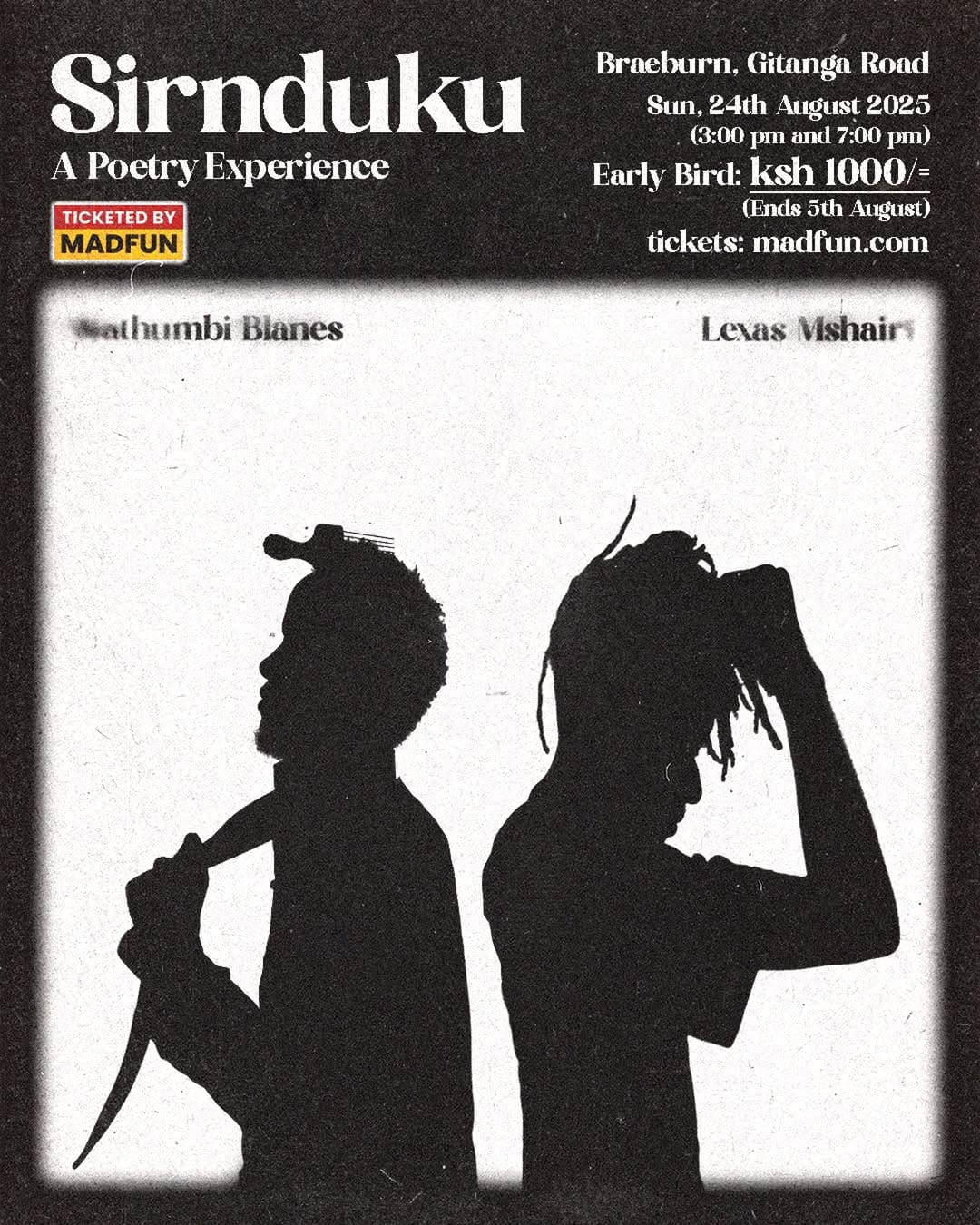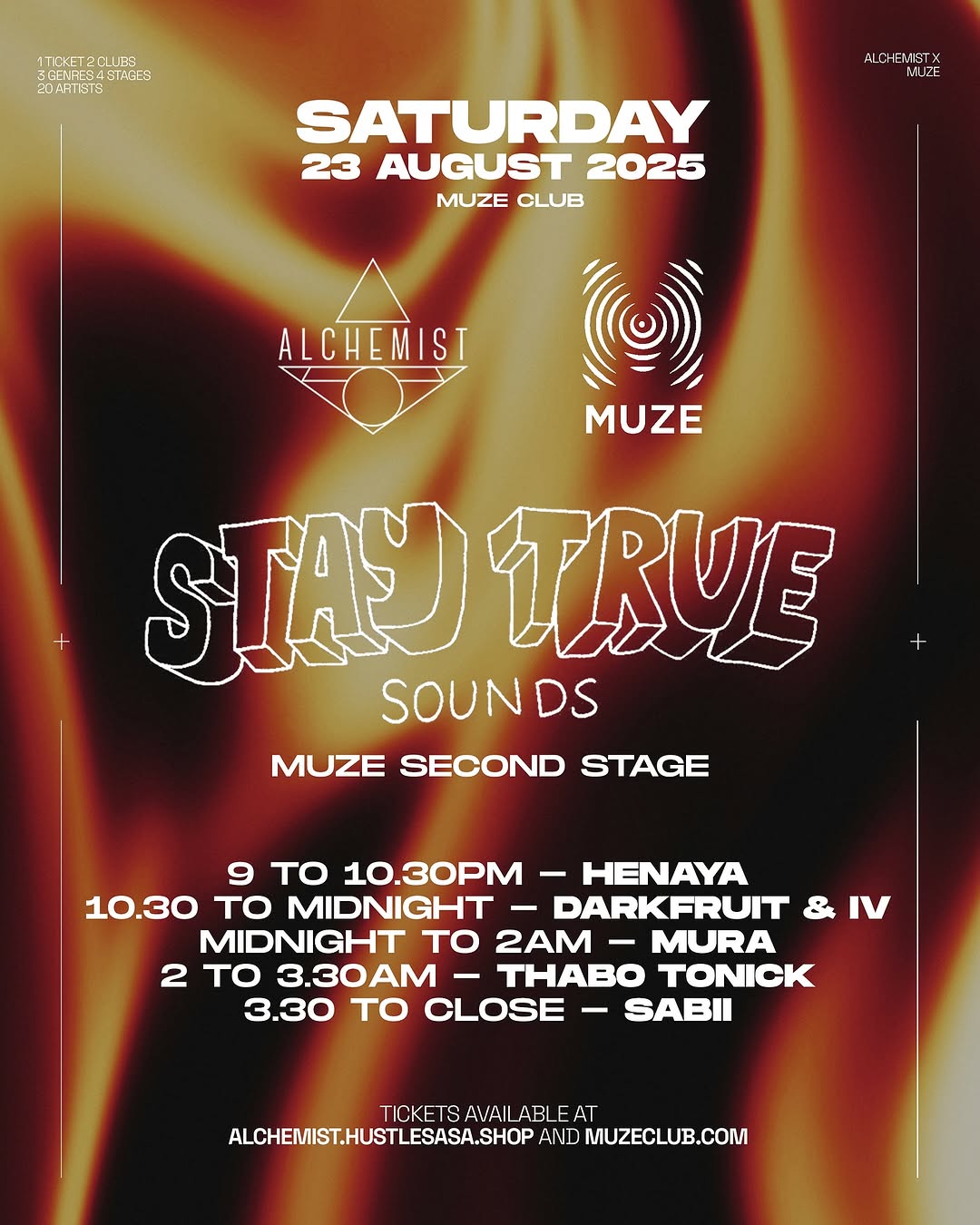Exposed to an Era of Misinformation and Social Media Cynicism
There was a time when social media was known solely for socializing. There were diverse Facebook groups each with their topic of discussion, Twitter was known for intellectual conversations and political dialogues while Instagram was a parade for showcasing those epic shots of yourself, food, trips etc. This is probably news to some (read Gen Z).
At least you could differentiate one platform from the other. And no, TikTok was not yet conceived.
All of that heavenly avenues were flushed down the drain when the owners of these platforms realized they could bridge the gap between the audience and brands, and walk to the bank smiling.
That became the death of organic, genuine interactions. It became hard to know whether someone is creating content to sell to you their product or they are genuinely trying to connect.
Whilst this new awakening is good for businesses, it snatched us the socialization we were used to. Algorithms started shifting to favour brands and assumptions of audiences’ preferences. The people you follow stopped mattering, feeds started being determined by what you watch the most, and amidst that are ads of products you last googled. Quite creepy if you asked me.
Indeed, a lot has changed over the years. Meta CEO Mark Zuckerberg recently announced that Facebook will do away with its third-party fact-checking program in an effort to promote free speech. This was quite a bold move, knowing very well the paradigm shift social media platforms have taken and the dangers that users have been exposed to already.
Misinformation, disinformation, cyber bullying, hacking to mention but a few have been evident in this new era of social media.
The Meta program, which was launched in 2016, came in handy to weed out misinformation, given that the majority of social media users are oblivious to Media and Information Literacy (MIL). Meta is now replacing the program with a crowdsourced approach to content moderation where commenting on the accuracy of posts is left to users.
This is not something new, Elon Musk’s X had already implemented this technique dubbed Community Notes.
X too has had its own share of backlash ever since Musk took over. A lot changed when he bought the platform from Jack Dorsey. The excuse behind the changes was free speech, a string that Zuckererg has also hang with. But seemingly, the free speech is only exposing users to hate speech and disinformation.
The verification checkmarks also stopped being symbols of credibility and identity as impersonations surged when anyone could purchase the tick.
This led to an influx of X users migrating to other platforms like Mastodon, Threads and Bluesky when they got wind of the changes. Journalists and media houses were the majority of these ‘immigrants’ citing disinformation promoted on the platform, including far-right conspiracy theories and racism.
TikTok came to light when the social in social media had lost meaning already, this is circa 2016. It dived into the wave of allowing people to create content however they want. Their algorithm was a paradigm shifter – through analyzing user preference and behaviour they are able to feed you with content that you most likely prefer.
Their uniqueness in short videos influenced other platforms like Instagram and Facebook to come up with ‘reels’ and YouTube’s ‘Shorts’. Now all the social media platforms look the same.
TikTok ban in the US has brought about a plot twist to the whole ecosystem. The US government worry that the Chinese government could access Americans’ data — through TikTok’s parent company — and use it to surveil Americans, spread misinformation and sway public opinion.
Like history repeating itself but this time with a little spice to it, TikTok users in the US have commenced the migration to a Chinese platform called Rednote. This presents itself as quite a humongous irony.
As if that is not enough cynicism to take in, reports on Bloomberg emerged that TikTok parent ByteDance could be toying with the idea of selling the platform to Elon Musk. Other celebrities like Mr Beast have also shown interest in salvaging that particular sinking ship.
It’s quite interesting that even as that continues to rage, a group of international tech entrepreneurs and advocates has launched a campaign to protect social media from the control and influence of billionaires.
The initiative branded Free Our Feeds has gained momentum as they look into creating an open social media ecosystem that can’t be controlled by a single person or company.
The goal of the initiative is to establish a public-interest foundation that would fund the creation of new interoperable social networks that can run on Bluesky’s underlying technology, AT Protocol, and build independent infrastructure to support these new platforms.
Free Our Feeds campaigns has come at a better time when the social media ecosystem is in shambles and a monopoly of the likes of Zuckerberg and Elon Musk.
If only we could reverse time, it would be best to go back to the days when social media was quite a safe space, free from these moral decays and self interests.















